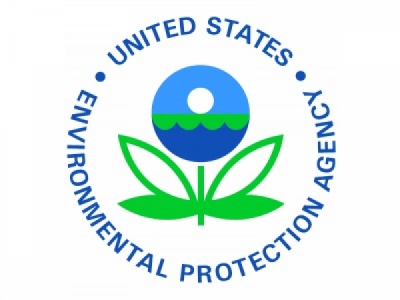
Posted on June 26, 2018
By Jim Myers, Waterways Journal
The U.S. Environmental Protection Agency and the Department of the Army are moving forward with a proposed “Step 2” rule in their closely watched effort to redefine the contentious Waters of the United States (WOTUS) rule written by the Obama administration.
After the Office of Management and Budget finishes its interagency review, the two agencies will put out the proposal for public comment.
“Farmers, ranchers, landowners and other stakeholders are counting on EPA to listen to their input when it comes to defining ‘waters of the United States,’” EPA Administrator Scott Pruitt said.
“Today we are taking an important step toward issuing a new WOTUS definition and answering President Trump’s call to ensure that our waters are kept free from pollution, while promoting economic growth, minimizing regulatory uncertainty, and showing due regard for the roles of the federal government and the states under the statutory framework of the Clean Water Act.”
Assistant Secretary of the Army for Civil Works R.D. James said the effort from day one has been focused on bringing common sense and fairness back to the rulemaking process.
James said the action highlights a commitment to listening to public input, providing clear and transparent rules, and ensuring the nation’s waters remain clean and the economy can continue to thrive.
Pruitt repeatedly has assured lawmakers he plans on getting to final action on WOTUS by the end of 2018.
Corps Appropriations
Keeping the momentum going on the appropriations process, the Senate took up a spending bill that includes fiscal year 2019 funding for the U.S. Army Corps of Engineers.
Senate Majority Leader Mitch McConnell (R-Ky.) used his floor remarks not only to single out the $7 billion the bill would provide the Corps to maintain the nation’s ports and inland waterways, but also focus attention on the impact that funding would have on his home state with civil works projects like Olmsted Locks and Dam and Kentucky Lock.
“These are critical to the free flow of commerce along Kentucky’s 1,900-plus miles of inland waterways and the 13,000 maritime jobs they support,” he said.
Even though a three-bill minibus was used for the funding, senators praised it as a return to regular order of the appropriations process. “It’s been a long time since the system worked as intended,” McConnell said.
Infrastructure Bill
As the future of President Trump’s infrastructure vision remains, at best, up in the air, a bipartisan trio of House members unveiled their own bill they describe as game-changing to fund infrastructure in the nation’s poorest communities.
Reps. Mike Kelly (R-Pa.), William Lacy Clay Jr., (D-Mo.) and Ted Budd (R-N.C.) explained the Generating American Income and Infrastructure (GAIIN) Act , H.R. 6104, would require the Department of Agriculture to sell its distressed assets and then direct the Department of the Treasury to distribute those proceeds to communities that fall below the national poverty line for infrastructure projects.
In addition to being bipartisan, the trio’s press release noted, Kelly is a member of the Republican Study Committee while Clay is a member of the Congressional Black Caucus and Budd is a member of the House Freedom Caucus, an unusual combination that bridges decidedly different policy perspectives within the House.
Ocean Policy
President Trump signed an executive order to streamline the National Ocean Policy and roll back what the White House called excessive bureaucracy created by the Obama administration.
Trump’s action triggered sharply partisan reactions from members of the House Committee on Natural Resources.
Rep. Rob Bishop (R-Utah), the panel’s chairman, welcomed the executive order, saying it repeals “the bureaucratic, overreaching policy” created by the Obama administration and puts U.S. ocean policy on the right track.
Bishop said Trump’s approach will benefit the health of the oceans and ensure local communities impacted by the policy will have a seat at the table.
Rep. Raul Grijalva (D-Ariz.), the panel’s ranking member, described Trump’s action as destructive cancellation of much of the National Ocean Policy that prioritizes maritime climate resilience, marine ecosystem restoration, agency consideration of ocean acidification and sea level rise.
Grijalva and six other Democrats sent a letter to Bishop demanding a hearing on the matter.
Source: Waterways Journal





